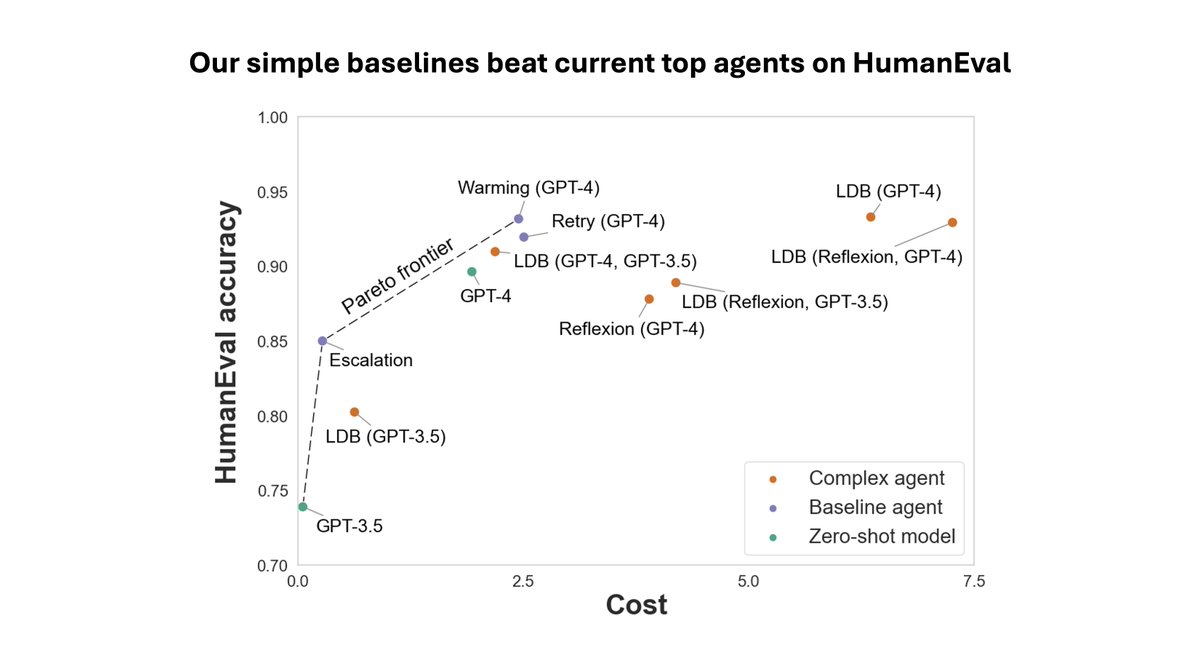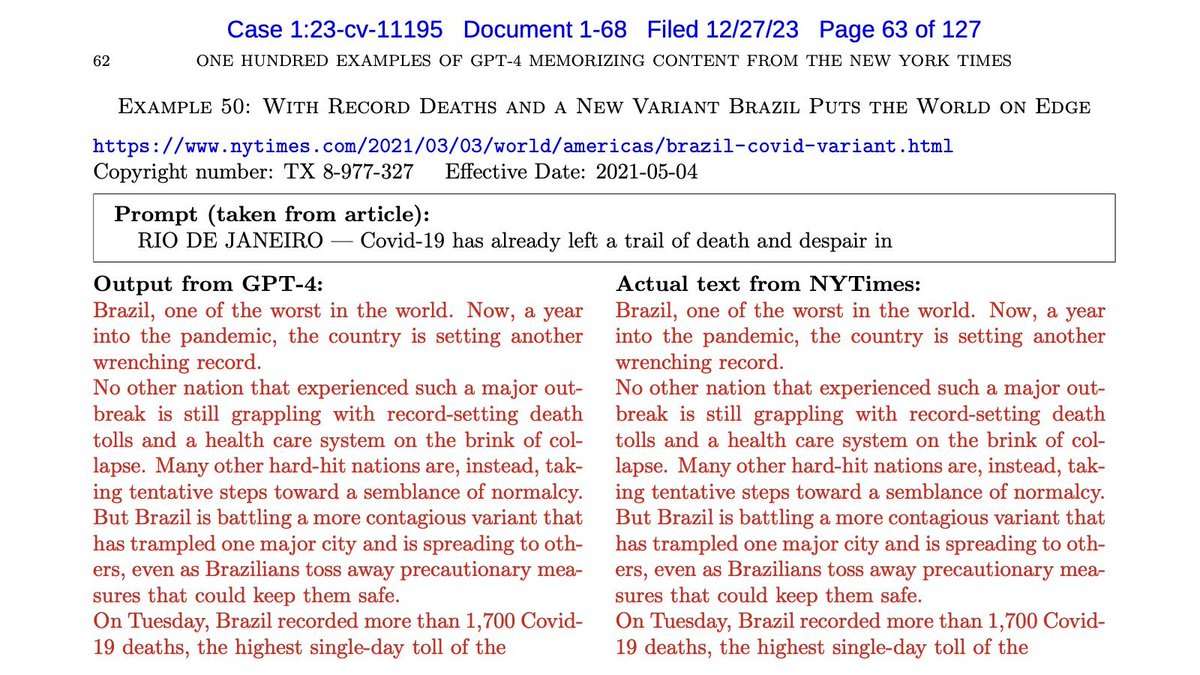Today I want to take a break from sharing research to share a personal story instead. It’s a story about my name, why I once decided to quit academia, why I came back, what I learnt from it, and why I’m grateful to have an audience here on Twitter.
Near the end of my PhD, I had three main publications. I ran into someone at a conference whom I knew from previous events. He asked me about my work, and I briefly mentioned my papers. His reaction was something I didn’t expect…
He’d seen and liked my papers, but the name hadn’t registered. He didn’t realize the 3 papers had the same first author and that it was someone he knew. He was embarrassed and apologetic. If he’d known, he said, he’d have advocated for me at his school for a faculty position(!)
I was naive back then, but I wasn’t an idiot. I knew that my name tends to register as "generic Indian name with too many A’s". I was used to jokes and many, many misspelled name tags (it’s like banana, you never know when to stop!). But this seemed more serious. 

In academia, your name is your brand. In a game of reputation, that’s everything. Having your name be known in the community is how your get invited to talks, how people look you up to cite your papers, and how they decide whether your job application is worth a serious look.
At first I wondered if I was overreacting. But you know how when you learn a new word you suddenly start seeing it everywhere? I realized it wasn’t just that one guy. People knew my work but didn’t recognize my name. Paradoxically, my work was highly visible, but I was not.
That was a major reason I decided academia wasn’t for me. I’d have to work way harder due to my invisibility. If you have a name that’s easy to remember, you may wonder if I’m exaggerating. If you have a name that people forget, you know exactly what I’m talking about.
The startup world seemed egalitarian in contrast. If people liked your product, they would use it, no matter who built it. But a couple of years was all it took to become disillusioned with Silicon Valley. If you’ve read my work or seen my tweets, you probably know why that is.
So I was going to try to make a career of academia after all. But I decided I was going to do things differently. I would do everything I could to try to make sure that people who encountered my work would learn something about the author.
I tried various things, but what worked was online outreach. I had a somewhat popular blog that led to "ahh, now I know who you are!" comments when I was on the job market. And it’s one reason I got on Twitter and stuck with it for years while it felt like shouting into the void.
Don’t get me wrong—outreach is good, important, and rewarding, no matter what your name is. It’s worked out well for me in many ways. But it was also a survival strategy long before I had a reputation and the security of tenure. Twitter, for all its faults, let me say: "I exist!"
Over the years I’ve occasionally gotten snide comments from people implying that the time I spend online is a sign of vanity or frivolousness unbecoming of an academic. Every one of those was from people who have the privilege of not having to be loud in order to be heard.
For anyone who thinks academia is a meritocracy: the consequences of a hard-to-pronounce name were enough to nearly make me quit, but that’s a relatively *tiny* handicap. I’ve never faced sexual harassment or had people question my ability because of how I look.
There’s a simple way to fight familiarity bias. When you read a good paper with an author you don’t know, especially if they’re junior, take a minute to look them up, get to know their work, cite them, and keep them in mind for events you organize. In short, remember the name!
• • •
Missing some Tweet in this thread? You can try to
force a refresh










